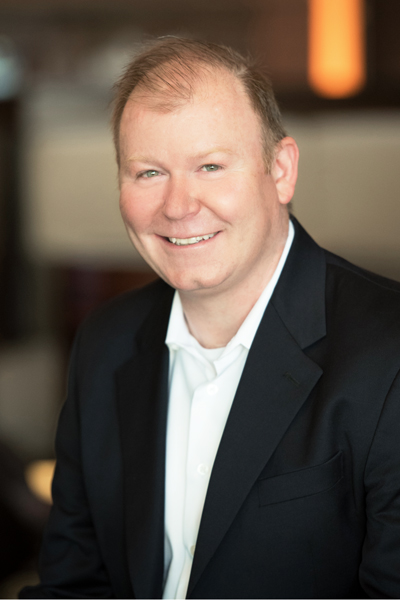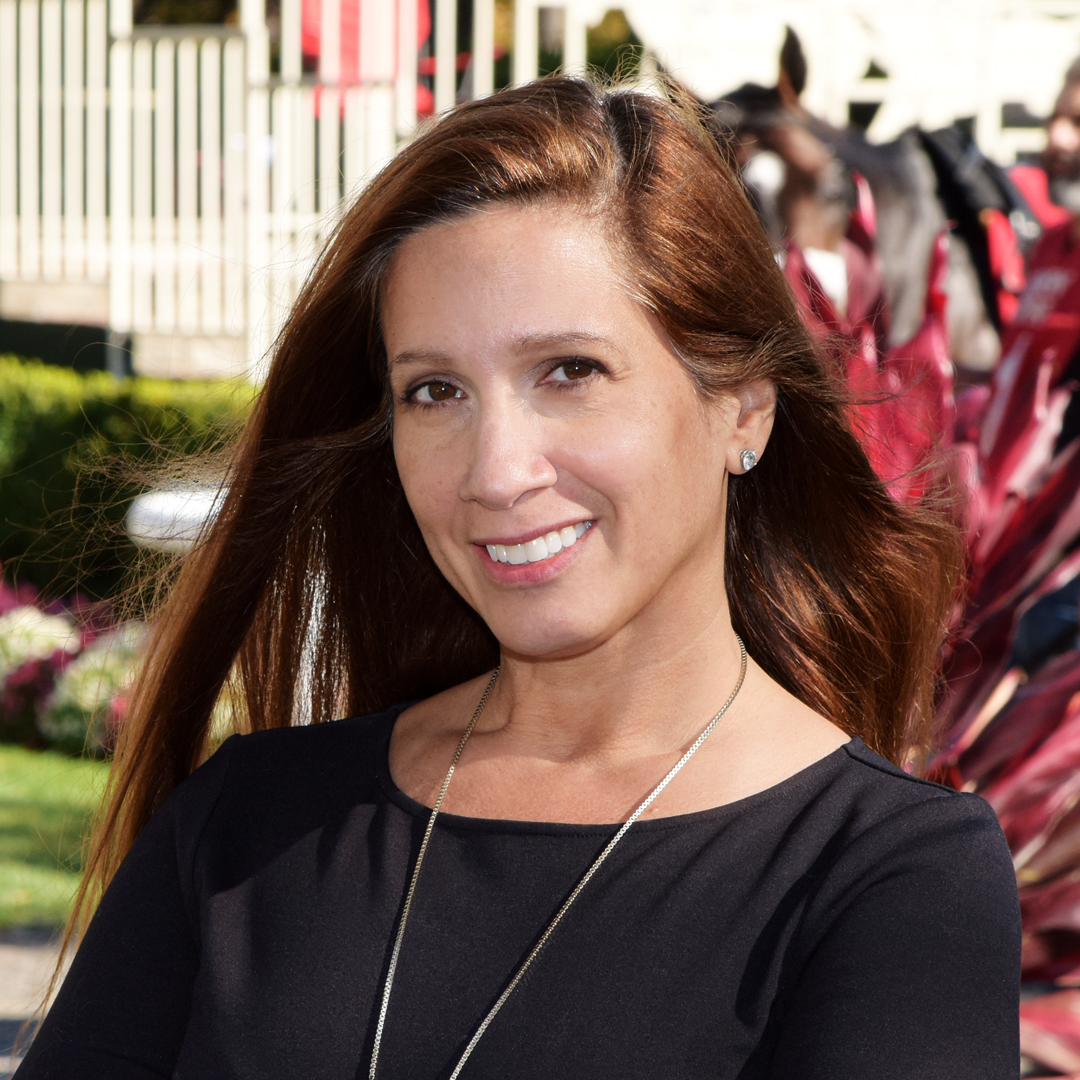Denis McCarthy, the chief risk officer at Hilton, embodies the idyllic archetype of a self-made man. McCarthy paid his own way at West Virginia University, where he studied finance and accounting. While the technical skills he gained were critical to his later success, the greatest lessons he learned at university pertained to his work ethic.

“It was very early on, at eighteen, that I learned to have complete and utter self-motivation and self-responsibility,” McCarthy says. “You didn’t take tests and go to classes just to pass them. It was your money. So, at a very young age, I made certain I was getting something back on my investments.”
While at university, McCarthy joined the Army Reserves before transitioning to active duty, becoming a Green Beret, and eventually amassing twenty years of cumulative experience in the United States military. What began as an additional way to pay for college became a defining launch point for McCarthy’s career.
Teamwork, leadership, and communication, McCarthy explains, are foundational pillars in the military, without which highly complex and stressful missions would inevitably fail. McCarthy considers his time in the military his “second masters,” providing him essential leadership and communication skills that allow him to thrive in high-stress situations.
Once he entered the corporate world, McCarthy hit the ground running, landing a gig at PricewaterhouseCoopers as a senior accountant. He surrounded himself with driven consultants and accountants, quickly learning how to adapt his skill set to the corporate world.
Entering hospitality at Host Hotels & Resorts, and then Interstate Hotels & Resorts, McCarthy became intimately familiar with the ins and outs of the industry, both from management and ownership perspectives. He honed skills in day-to-day hotel operations and returning investments for owners with tight margins. Just as he had done at university and in the military, McCarthy put his all into his work while also building critical connections. After a decade in the industry, McCarthy became a senior vice president of finance and corporate controller at Hilton before becoming Hilton’s, and the hospitality industry’s, first chief risk officer.
At the time, the industry had never seen anything like it: A chief risk officer heading up a risk and resilience office.
“Our core mission is to build resilience for this company through the identification, assessment, and mitigation of risks that occur from the operational level all the way through our strategies at the enterprise level,” McCarthy explains.
“Our core mission is to build resilience for this company through the identification, assessment and mitigation of risks that occur from the operational level all the way through our strategies at the Enterprise level.”
In his current role, McCarthy oversees seven interconnected teams: safety and security, business continuity and crisis management, intelligence, fraud and forensics, data protection, risk management, and enterprise risk advisory.
Given Hilton’s size as a company, which employs nearly 420,000 team members and operates in 117 countries and territories, technological integration, synthesized operations, and innovation are crucial to McCarthy’s work in risk management.
“The ‘Hilton Alert’ app is one of the core tools we built in the last couple years,” McCarthy says. The app, compatible with any smartphone, prompts a Hilton employee to five basic, yes or no questions regarding potentially risky or dangerous incidents, and is connected to an operations center—open 24 hours a day, 365 days a year —that receives the alert with any accompanying information, including text descriptions and photo attachments. Then, the “triage team” at the operations center “connects the incident with the corporate engines that can best resolve and help bring them to de-escalation, and ultimately business resumption.”
“I learned early in the military,” McCarthy says. “You want to make sure you have all the right people to help support you in highly complex, high-stress situations.” According to McCarthy, Hilton’s groundbreaking app, the first of its kind in the hotel industry, is all about smart, coordinated support.
“When you have nearly six thousand locations in more than one hundred countries and territories, there is something going on at a hotel at any given hour of the day,” McCarthy says. Recalling a specific instance when, through the Hilton Alert app, his team was able to effectively respond to a crisis, McCarthy cites Hurricane Maria in 2017 in Puerto Rico, which is home to multiple Hilton properties, as an inspiring example.
After the eye of the hurricane passed through the island, with so many services and lines of communication down, Hilton Alert became a primary method of communication used by the properties. “We could make sure we were providing [our properties] with all the things they needed, whether it was food and water, oil, gas, blankets, flashlights—anything you could imagine to help support the hotel and the surrounding community,” McCarthy says. “It was a massive event that impacted an entire island, but we were able to keep communications with all of our hotels.”
Throughout his career, McCarthy has developed a style of leadership that meshes perfectly with the company culture at Hilton. He notes that in the military, responsibility is built at all levels of positions to achieve goals and meet expectations—a framework he works to replicate within his teams.
“Leaders are needed at every level, and they need to know they will be supported,” McCarthy says. “You might not always make the right calls, but you need to keep the engine running, and you need to know your manager will have your back.”

